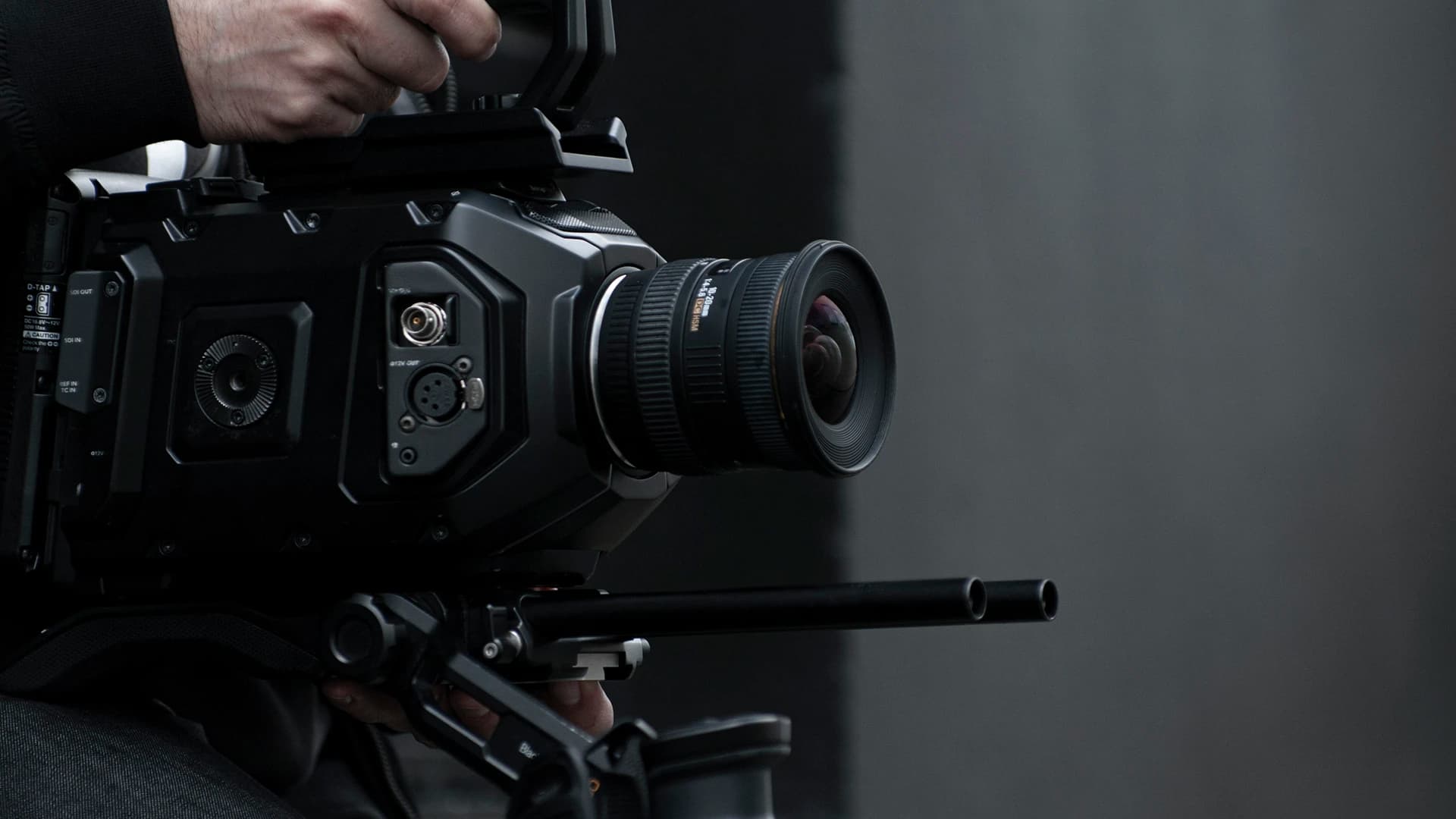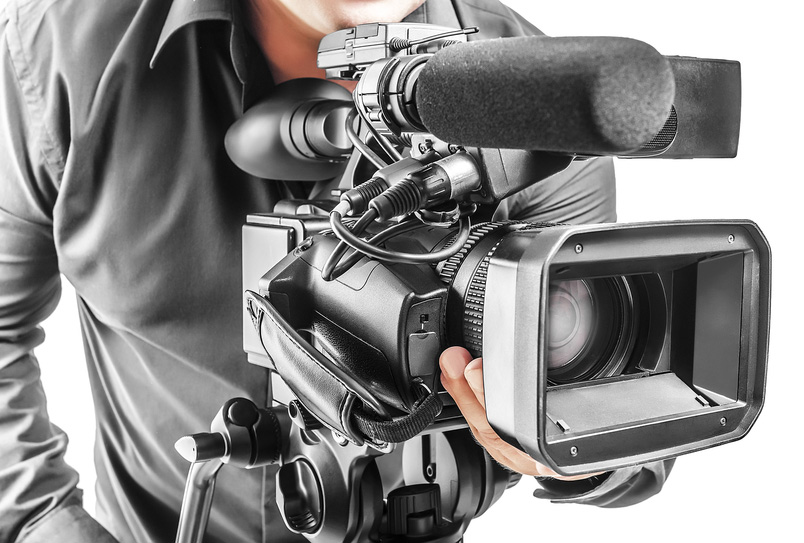The Duty of Legal Videography in Depositions and Trials
Lawful videography has actually emerged as a necessary device in both depositions and tests, giving a multifaceted method to documenting witness statements. As lawful professionals progressively identify its value, it motivates a much deeper exam of just how these visual documents can affect juror understandings and test end results.
Importance of Lawful Videography
Legal videography plays a critical role in the documentation and discussion of depositions and tests. This customized field integrates technical abilities with lawful expertise to create a trustworthy record of procedures that can considerably influence instance results. The appearance of legal videography improves the understanding of witness testament, enabling jurors and courts to observe not only the spoken words however likewise the demeanor, emotions, and body language of the witnesses.

The importance of legal videography extends beyond the court; it also plays an essential role in protecting proof for future referral, whether for charms or additional lawsuit. Its combination right into the lawful procedure is necessary for making sure a reasonable and accurate depiction of the truths, ultimately adding to the search of justice.

Process of Legal Videography
While catching the nuances of depositions and tests, the process of legal videography includes numerous vital steps that guarantee high-grade, exact recordings. A specialist lawful videographer prepares by examining the instance products and recognizing the specific needs of the deposition or test. This preparation includes acquainting themselves with the individuals and the context, which aids in catching significant information.
On the day of the recording, the videographer establishes the required devices, which typically includes high-definition cameras, microphones, and proper illumination. Ensuring ideal angles and audio top quality is important, as it straight influences the efficiency of the recording. The videographer interacts with lawyers and participants to develop procedures, ensuring that every person understands the recording process.
During the deposition or test, the videographer meticulously tape-records the process, paying very close attention to both spoken and non-verbal hints. legal videography. This includes capturing the demeanor and reactions of witnesses and lawyers. After the session ends, the videographer might modify the video footage for clarity and conformity with lawful standards, creating a final item that properly mirrors the process for future reference and use in legal contexts
Benefits in Depositions
The consolidation of videography in depositions supplies numerous benefits that improve the overall process of gathering proof. One primary benefit is the capacity to capture witness testimonies with visual and auditory fidelity, supplying a much more exact depiction of the witness's demeanor, tone, and why not look here body language. This multidimensional method enables lawyers and juries to assess reputation more properly than typical written transcripts alone.
In addition, videographed depositions work as an effective tool for maintaining statement. Needs to a witness come to be not available for trial, their taped deposition can be played in court, ensuring that their evidence continues to be accessible and appropriate. This aspect considerably minimizes the threat of shedding important details that might affect instance results.
Additionally, the usage of legal videography advertises far better preparation for attorneys. Reviewing video footage permits legal teams to assess and improve their strategies, identifying toughness and weaknesses in their cases. This preparatory benefit can result in more engaging presentations in court.
Last but not least, videography boosts the general professionalism of the deposition procedure, instilling confidence in clients pertaining to the thoroughness of their lawful representation. By leveraging innovation, attorneys can dramatically enhance the efficiency of depositions.
Effect On Tests
In many trials, the combination of videography can dramatically affect the discussion of proof and the court's perception. Legal videography records witness testaments and crucial proof in a dynamic layout, enabling jurors to involve with the product on multiple levels. This visual component boosts the storytelling element of a trial, offering context and emotional resonance that traditional text-based evidence might do not have.
In addition, video recordings can work as powerful tools for impeachment during cross-examination. When disparities develop between a witness's previous declarations and their courtroom testimony, video clip proof gives an objective recommendation that can sway jurors' viewpoints. This immediacy and clarity can strengthen the reliability of a celebration's narrative while concurrently weakening opposing debates.
Additionally, the use of videography can assist enhance complex details, making it more obtainable to jurors who might have a hard time to grasp elaborate information provided exclusively via verbal testimony. By combining visuals with auditory details, legal videography can improve retention and understanding, ultimately affecting the jury's decision-making procedure. The impact of videography in tests expands beyond mere appearances; it plays an essential role in shaping the lawful landscape and end results.
Future Trends in Legal Videography
As we look toward the future of legal videography, numerous arising fads guarantee to improve its function within the courtroom. One significant pattern is the integration of fabricated knowledge (AI) in video evaluation and editing - legal videography. AI can improve the process of recognizing key our website minutes in taped depositions, allowing attorneys to quickly access relevant web content, consequently improving efficiency in case prep work
In addition, the surge of virtual fact (VIRTUAL REALITY) and augmented reality (AR) technologies is anticipated to transform how jurors experience evidence. By submersing jurors in a simulated setting, these innovations can offer a more extensive understanding YOURURL.com of complicated circumstances, causing even more informed deliberations.

Furthermore, the raising demand for remote depositions, accelerated by the COVID-19 pandemic, will likely proceed. Legal videographers will need to adjust to new software and platforms to make certain high-quality recordings in digital settings.
Last but not least, the expanding focus on information protection will demand stricter protocols for storing and sharing video clip proof. As the legal landscape progresses, legal videographers need to remain abreast of these trends to maintain their relevance and effectiveness in the judicial procedure.

Final Thought
In summary, lawful videography offers a critical feature in the judicial procedure, boosting the stability of depositions and trials. As technology proceeds to evolve, legal videography is positioned to additional transform its function within the legal landscape.